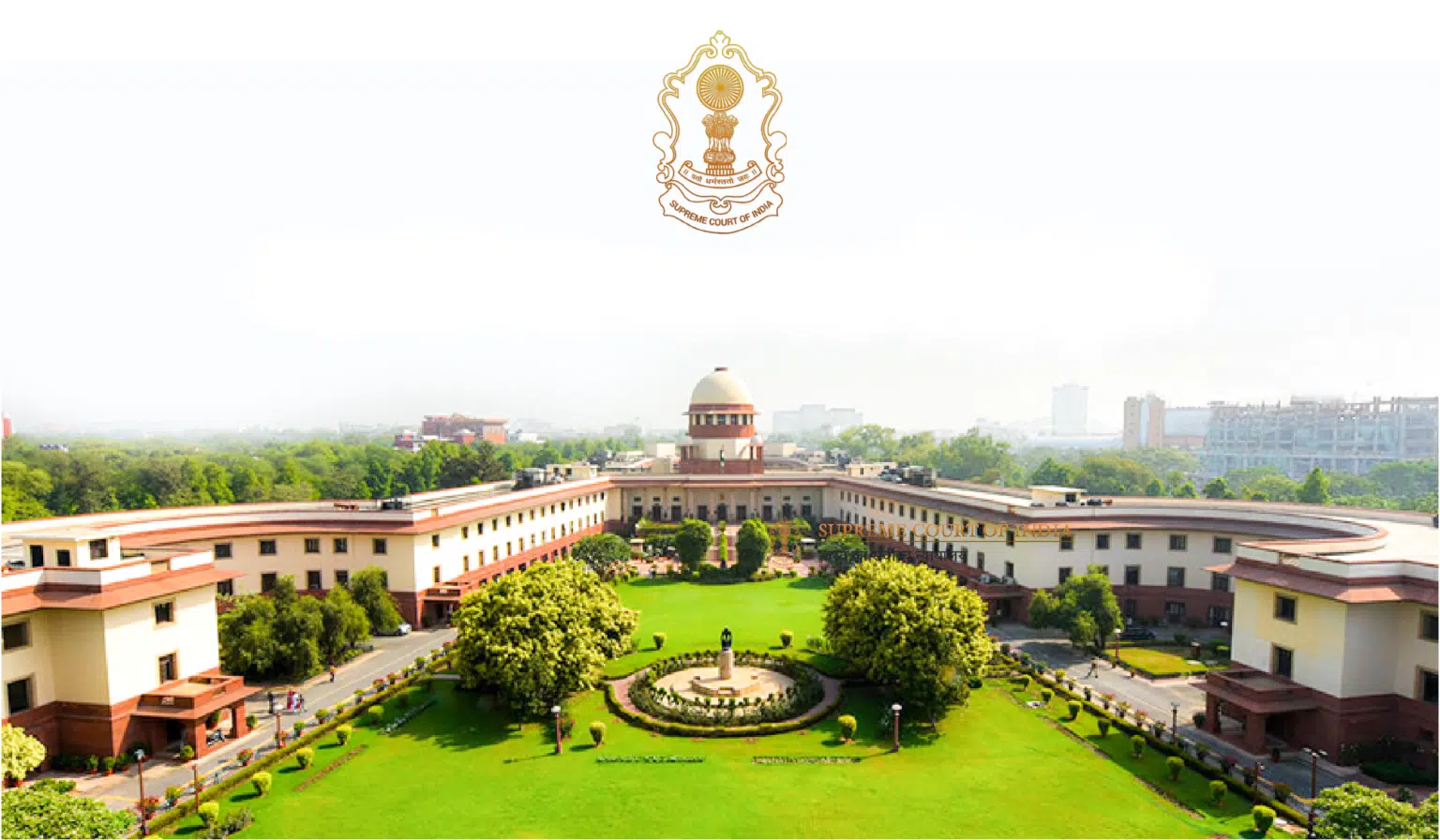The apex court on Monday, October 31, constituting a bench of Justice D Y Chandrachud and Hima Kohli said that the ‘two-finger test’ or ‘three-finger’ vaginal test has no scientific basis.

The apex court on Monday, October 31, constituting a bench of Justice D Y Chandrachud and Hima Kohli said that the ‘two-finger’ or ‘three-finger’ vaginal test has no scientific basis.
The only merit of conducting the ‘two-finer’ test on a traumatised victim was to see if the woman/girl was “habituated” to sexual intercourse.
The bench declared that it was “patriarchal and sexist” to imply that a claim of sexual assault/ rape by a sexually active woman cannot be trusted.
The bench expressed grave concerns about the ‘two-finger’ test stating it is “regrettable” that it is still performed.
What is the ‘two-finger’ test?
Per vaginum examination, commonly known as the ‘two-finger’ test is an invasive procedure in which a doctor inserts two fingers into the victim’s vagina to verify whether the hymen has ruptured or not in order to determine whether sexual assault or sexual activity occurred.
Social activists claim that the test is invalid because the hymen can rupture for a variety of reasons other than sexual activity too.
Legal standpoint
One of the key rulings addressing the ‘two-finger’ test came in the 2013 Supreme Court’s decision in Lillu alias and An. v. State of Haryana. The apex court outrightly ruled the test to be violative of the right to privacy, and the mental and physical integrity of the victim.
The judges emphasised that because there was a need for “solid standards of performing and interpreting forensic examination” of rape survivors, the issue needed to be given “serious consideration” by the top court.
In another verdict on December 18, 2019, the Supreme Court reiterated the 2013 verdict, stating the test to be of “no consequence and violative of the dignity of woman.”
The Bombay High Court labelled the test “unscientific”, the High Court of Jammu and Kashmir and Ladakh frowned upon the practice and recently the Madras High Court called for an “immediate” ban on the practice of the ‘two-finger’ test.
According to the court, Section 53A of the Indian Evidence Act was added in 2013 as a result of changes made to the criminal code by the legislature.
The court declared: “In terms of Section 53A, the testimony of a victim’s character or her prior experiences with any individual shall not be relevant to the issue of consent or the quality of consent in the case of sexual assault.”
The Ministry of Health and Family Welfare have certain S.O.P to aid the health providers in matters of sexual violence. The court directed the Centre and the State Governments to circulate these guidelines to the private and government facilities and ensure that the set procedures are followed to the letter.

The Penalty
The Supreme Court had strictly declared that “anyone who administers the two-finger test in sexual assault cases shall be guilty of misconduct.”
The use of term “misconduct” could be referred to as misconduct under the Professional Code of Conduct of doctors or medical practitioners.
There could be consequences if any doctor conducts and lists the ‘two-finger’ test in the MLC that is prepared for sexual assault victims.
Way Ahead
The major concern is to ensure that the victim feels safe and trusted considering the mental and physical trauma, she has undergone. There is a need for strict adherence to the apex court’s verdict to ensure the safety of the victim’s mental and physical well-being and the protection of their rights.
Read More: ‘Item’ is derogatory word to call a girl objectifying her with sexual intent: Mumbai court













